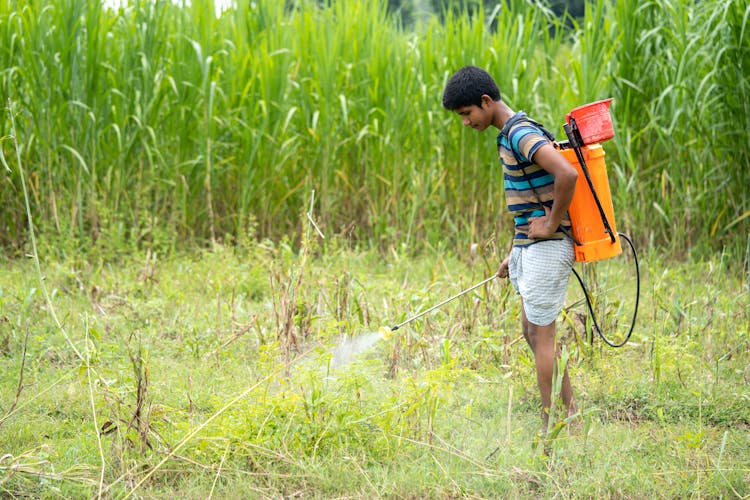All Categories
Featured
Table of Contents

Pesticides, formulated to eliminate crop-threatening species, often impact other aspects of the ecosystem. The consequences for biodiversity and ecosystem health can be profound and far-reaching.
Research into the consequences of agricultural chemicals on ecosystems has consistently shown negative outcomes. A range of species from bees to amphibians to birds have all been affected, with issues ranging from altered reproductive patterns to mortality.
One of the most disturbing phenomena linked to pesticide exposure is the decline in bee populations. Bees, essential for the pollination of many crops and wild plants, have been showing up in fewer numbers, with their navigational abilities impaired. This decline not only impacts food production but equally threatens natural vegetative growth.

The Risk Factors of Pesticides on Natural Habitats
The toxic effects of pesticides can be direct or indirect, resulting in acute fatalities or chronic health conditions. For example, insecticides meant to target pests like locusts and mosquitoes can also cause collateral damage to beneficial insects, disrupting ecological balance.

Aquatic systems are particularly vulnerable. Runoff from agricultural fields often carries pesticides into aquatic ecosystems, affecting fish, amphibians, and the invertebrates that form the foundation of aquatic food webs. Learn About Pesticide Impacts on Stream Fauna - $46.30
Amphibians, whose permeable skin makes them particularly sensitive to pollutants, experience severe effects from these chemicals. Studies indicate that exposure to even low levels of pesticides in water can lead to deformities, reproductive failures, and immune system dysfunction in amphibians.
Economic Impacts of Pesticides on Wildlife
The economic implications of pesticide use extend beyond the immediate costs of purchasing and applying these chemicals. Pesticide Impact on Wildlife Populations Loss of crucial pollinators like bees can lead to reduced crop yields, increasing food prices and affecting food security.
Furthermore, wildlife tourism, which plays a crucial economic role in some areas, can be adversely impacted by the loss of biodiversity due to pesticides. Areas renowned for their rich ecosystems could experience drops in visitation if the local wildlife is decimated.

Adopting Organic Practices to Safeguard Biodiversity
Switching to organic farming practices represents a practical solution to the adverse impacts of conventional pesticides. Organic systems, which prohibit the use of synthetic pesticides and fertilizers, help to maintain ecological balance and support more robust wildlife communities.
Moreover, organic farming improves the quality of soil and its capacity to retain water, which not only helps the soil organisms thrive while ensuring better plant health. These improvements in habitat quality directly contribute to the health of wildlife.
By reducing the dependency on harmful pesticides, organic farming can promote a sustainable agricultural system that is beneficial for wildlife. Such practices not only alleviate the adverse effects associated with traditional agriculture but also promote general ecological health.
Latest Posts
Innovative Ways to Store Your Bread
A Glimpse into the Past: Liberty and Immigration in NYC
Garland TX's Finest Roofing Experts: A Comprehensive List